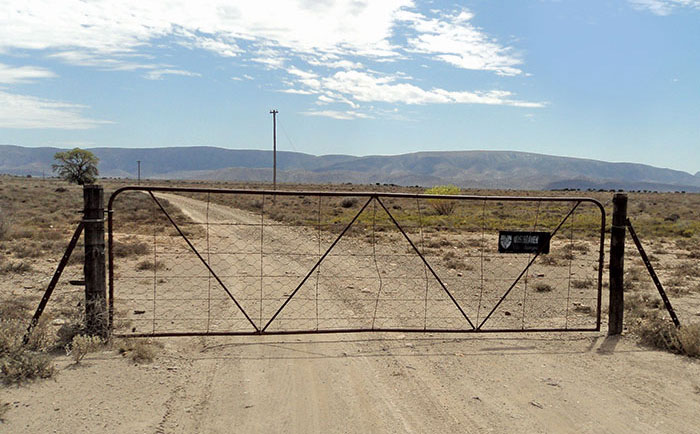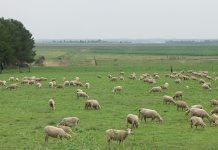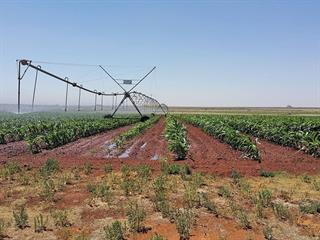
Generally speaking, the largest asset in a farmer’s estate is the land. At death, the land is often left to the son or daughter who’s going to continue running the farming operation.
As it’s legally impossible to leave the land to two or more people, the farmer often considers bequeathing their other assets to the ‘non-farming’ children to make provision for a more equal distribution of their wealth.
READ Hoof management guidelines
This is often done by way of a beneficiary nomination on a life policy or retirement annuity (RA).
The law provides that life policy proceeds will pay directly to the nominated beneficiary; they cannot be attached by creditors of the deceased estate or be used to cover estate costs or liabilities.
This isn’t the case with beneficiary nominations on retirement funds.
With a RA, trustees of the retirement fund are, however, bound by the provisions of Section 37C of the Pension Fund Act 24 of 1956 (PFA).
If, within 12 months of the death of the member, the fund becomes aware of dependants, the member’s benefit must be paid to such dependants in a manner the trustees deem equitable.
A ‘dependant’ is defined by the PFA as someone:
- The member is legally liable to provide maintenance for;
- Factually dependant on the deceased member (for example, an elderly parent financially supported by their child);
- The member would have become legally liable to maintain had the member not died.
In deciding what’s equitable, the trustees will consider factors such as the age of the parties, their relationship to the deceased, the degree of financial dependence on the deceased member and so forth.
What does this mean?
Let’s say Farmer Brown dies while a member of a RA with a value of R6 million. His 30-year-old daughter, Jill, is the nominated beneficiary.
READ The impact of tax refund delays on farmers
Mrs Brown is the beneficiary on a life policy worth R1 million (she has no other assets).
The farm is worth R8 million and he has bequeathed it to his son, James, who has a policy on his dad’s life to cover the taxes and other costs associated with his inheriting the farm.
Practically speaking, we can be certain the R1 million life policy will pay out to Mrs Brown and the farm will be transferred to James
What isn’t certain is how much of the R6 million RA benefit will be awarded to Jill.
The board of trustees has 12 months to establish whether Farmer Brown is survived by someone who falls within the definition of ‘dependant’.
Mrs Brown, Jill and James all qualify as ‘dependants’ and it’s up to the trustees to make an equitable distribution between these three dependants.
They could, for example, award 55% to Mrs Brown and 45% to Jill if they are of the view that this is an equitable distribution.
Natalie Dillon is a Legal Adviser at Old Mutual Broker Distribution in the Eastern Cape.
Disclaimer
The foregoing does not constitute financial or any other advice, and does not take into account your personal financial circumstances. For this reason, it’s recommended you speak to an accredited broker or financial adviser to consider all your options and draw up a plan to achieve your financial goals.
You can also contact Koos Nel, Head of Old Mutual Agri via email [email protected] for further information.













